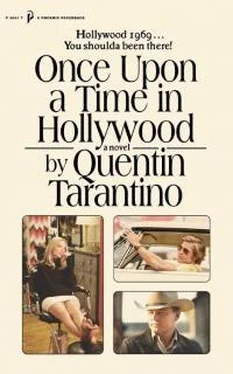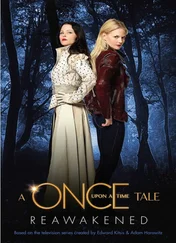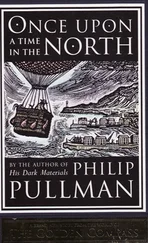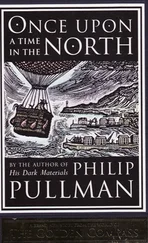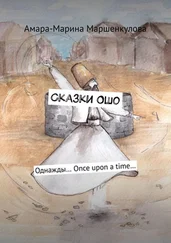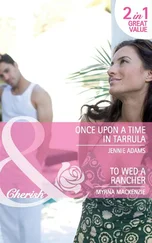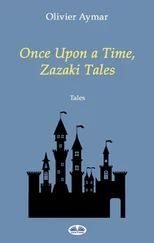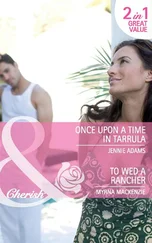Did Manson turn his relationship with Melcher into more than it was? Absolutely.
Was Melcher somewhat intrigued by Charlie? Maybe.
But Charlie’s hottest prospect for gaining a record deal was his close relationship to Dennis Wilson. Dennis was the only real rock star of the Beach Boys. Brian was fat and getting fatter, Al Jardine looked like a skeleton, and Mike Love had been going bald since he was eighteen. Dennis was a sexy dreamboat, who even in the early sixties gave off a Zen late-sixties vibe. For a while, Dennis Wilson truly believed in Charlie’s musical potential. He shared late-night trip sessions with Charlie, where Manson’s philosophy and view of the world honestly impressed Dennis (Wilson also shared Manson’s distrust and fear of black males). During jam sessions at his house, Dennis bore witness to Charlie’s undeniable gift for in-the-moment improvisation behind a guitar. Still, it’s dubious to think the untrained, undisciplined, loosey-goosey Manson would have ever gotten the hang of capturing his music in the pressure-filled, anxiety-inducing, sterile environment of a professional recording studio. (In that regard, Charlie would have some serious musical-genius company. Recordings of Woody Guthrie and Leadbelly serve more as historical records than as evocative representations of their musical talent.) But it’s not out of the question to imagine, in an earlier time, Charles Manson making his way and learning the ropes in the pass-the-hat Greenwich Village coffeehouse scene of the late fifties and early sixties and on the hootenanny circuit, where his gift for musical improvisation, skill with a guitar, and prison background would’ve all been assets. For a while, Dennis Wilson sincerely encouraged Charlie’s musical dreams, even going so far as recording one of Charlie’s songs ( Cease to Exist , his signature Family tune), rewritten under the title Never Learn Not to Love , and putting it on the Beach Boys’ 20/20 album.
And while the idea of Terry Melcher signing Charlie to make an album for Columbia Records was always far-fetched, the Beach Boys started their own record label, Brother Records, and a Charles Manson album for that label could’ve happened. The reason it didn’t all stemmed from the aggravation and eventual fear Dennis Wilson felt for the sketchy characters he let take root in his home. It was the girls that first lured Dennis into the “Family” fold. Then later it was his genuine fellowship with Charlie that kept Dennis in the “Family” orbit. But it was Wilson’s exasperation at Charlie’s pinhead family of hippies that eventually led to burning the Beach Boys bridge just as Charlie was preparing to cross it.
The share-and-share-alike anti-establishment ethos of the Topanga Canyon Hollywood hippie entertainment class of the late sixties was what Dennis Wilson offered these ragamuffins. However, pretty quickly, these garbage-eating, acid-tripping, clap-ridden, singsong-sounding runaways proved themselves to be a bunch of freeloading ingrates. They wrecked Wilson’s pad and cost him thousands of dollars in venereal-disease medicine and lost, stolen, and damaged property. Until, finally, Wilson just moved out of the house and left it to his business manager to evict the squalid squatters.
If the “Family” hadn’t turned Dennis’s house into a zoo, causing his bandmates to worry and lose respect for him, Charles Manson would have been a perfect prospect for the Beach Boys’ new record label. One doubts much would have happened with the disc or even if Manson, with his peculiarities, would have been capable of completing a full album. But it’s entirely possible that, if the other band members hadn’t associated Charlie with that group of freaks freeloading off of sweet Dennis, Manson could have parlayed his association into something .
But the way it was, the “Family” cost Dennis so much money that, even when the Beach Boys did record one of Charlie’s songs, they kept his name off the publishing, figuring the costly antics of his acolytes were payment enough. (Rumors exist that in lieu of putting Charlie’s name on the copyright, Wilson gave him a motorcycle.)
So by February 8, 1969, all of Charlie’s once-promising musical connections have dried up. Only one remains—that vague commitment that Terry Melcher once made about someday sitting down and letting Charlie play his music for him. Only he’s lost contact with Terry. There was a time when Charlie saw Terry, if not often, often enough to plan a meeting. But that was before he became persona non grata at Dennis Wilson’s pad. And even Charlie knows that’s reason enough to squash any possible deal. But, then again, maybe not? Charlie did get one of his songs on the new Beach Boys album. Now, true, he didn’t get credit for it. But one of the few people who knows it originated from his song Cease to Exist is Melcher. So now Terry can legitimately think of Manson as a music composer worthy of producing commercial music, instead of as the shaggy pimp who supplied the record producer with syphilis-ridden jailbait.
Now, Terry Melcher had already agreed to come out to Spahn Ranch and give Charlie’s songs a listen. A date was set, a time was agreed to, an appointment was confirmed, and a whole shindig was put into place at the ranch … then Terry was a no-show.
For Charles Manson to be stood up like that was devastating on a few different fronts. One, Charlie had planned all week for this opportunity to finally perform his music for Terry. The Family had decked out and decorated the ranch for this big whoop-de-do, including practicing with background instruments and half-naked girls harmonizing and dancing in the background … then Terry didn’t show.
Also, that day was the day.
Charlie was on fire that day.
Manson never forgave himself for letting his nerves get the better of him during his one professional recording session.
But this day would be different.
On this day Charlie was perfectly on point, his mind was calm, his heart was full, and his music was at his fingertips.
This day was the day he’d been dreaming about since he first started listening to the Beatles in prison.
On this day all Charlie’s dreams would become a reality and his life would be changed forever.
On this day the music was going to come flooding out of him. He owned his creativity. He couldn’t play a wrong note.
He was at one with his talent, at one with his muse, and at one with God … then Terry didn’t show.
Terry’s no-show not only thwarted Manson’s creativity and frankly hurt his feelings, but it also compromised him with his kids.
The kids at the ranch weren’t hip to exactly how much Charlie wanted to be a rock star. How much he wanted fame, money, and recognition. Because to them, Charlie preached against those base desires.
They thought Charlie was on a spiritual path to enlightenment.
They thought Charlie’s true desire was to pass on that enlightenment.
They thought Charlie’s goal was to create a new world order guided by that enlightenment and love for all mankind.
They believed Charlie had a higher purpose, because he told them he did, and they believed him. It never would have occurred to them that he’d ditch all that horseshit in a minute to put on a Revolutionary War outfit and trade places with Mark Lindsay.
It never would have occurred to them that he’d say goodbye to all of them, all that he created, and all he taught them, to trade places with Micky Dolenz and join the Monkees .
They thought the only reason Charlie wanted a recording contract in the first place was to expand his influence. To bring his enlightenment to a larger audience, a worldwide audience on a planet starving for it.
Читать дальше
